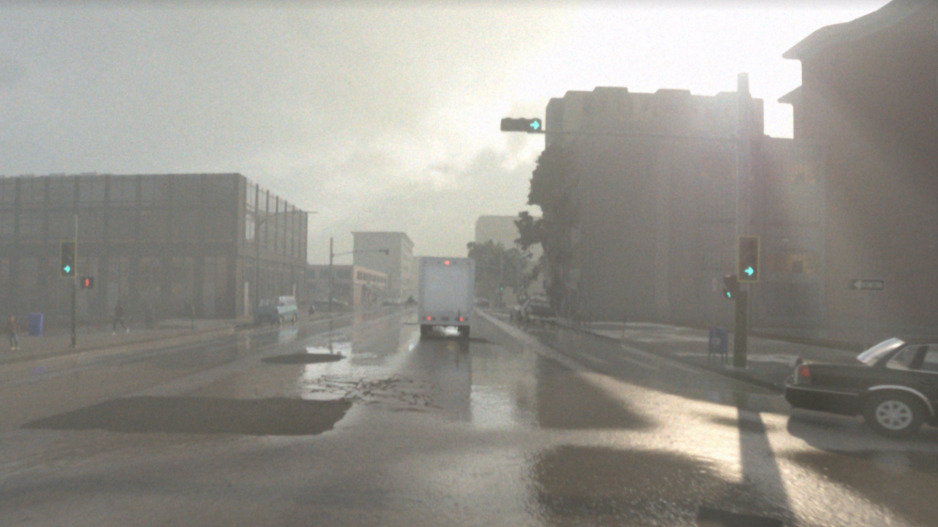More than a few speed bumps await any automotive company developing autonomous driving systems capable of recognizing objects on the road — a traffic light, for example.
“Traditionally you'd go out and you'd gather all those pictures of traffic lights and you'd have someone, by hand, drawing boxes in that image to show you where each traffic light is and marking each one as red or yellow,” said James Grieve, the Vancouver-based chief technology officer of Parallel Domain Inc.
“There’s a large outsourcing industry that's developed to essentially annotate this data that has been gathered. And then that annotated data is finally able to be used to train a model.”
This labour-intensive method is needed to ensure AI-powered computer vision technology can confidently and accurately recognize objects in real-world applications that span from driverless vehicles to drone deliveries.
“What our systems do and our approach to this problem is instead of going and gathering data, we generate this data synthetically,” said Grieve, who leads a team of eight people in Vancouver.
Technology originally developed in the gaming and VFX industries is now sidestepping those laborious bottlenecks by creating artificial images rather than rely on real-world photos.
“Graphics over the last 20 years has evolved to the point where it can fool almost all human viewers. And this gives us the confidence that when we’re starting to train machine vision systems on the same graphics, we’ll get a realistic response,” the CTO added.
Parallel Domain’s tech is catching the eye of investors, with the Silicon Valley-based company revealing Wednesday (December 9) the close of an US$11-million Series A round led by Foundry Group LLC.
The injection of capital means an expansion ahead for the Vancouver office as Grieve hopes to add as many as a dozen new workers over the next year.
While business operations are primarily run out of the company’s Palo Alto, Calif., offices, the B.C. office serves as a technology development hub.
That claim owes much to the city’s tech sector sitting at a confluence of other industries – specifically, deep expertise in gaming, animation and VFX — that aren’t present in many other locations across the globe.
“It really takes a long time to develop those talent pools and it really is something unique and valuable about Vancouver,” Grieve said.
Prior to joining Parallel Domain in 2018, Grieve had spent about 20 years in the gaming industry.
Most of that time was spent in Vancouver following a move to Canada from Australia in 2000.
But Grieve said he then began plotting his next career move about five years ago and came to a realization:
“There's been a bunch of amazing technologies developed in the video game industry and also in the visual effects industry that was really sort of locked up within those industries. There's a lot of insider knowledge and not a lot of sort of exposure for the tools and technologies that are being built,” the software engineer said.
“One of the things I really wanted to do was to find an opportunity to take that basic technology that had been developed for entertainment products and find ways to use that to ship products out in the real world.”




